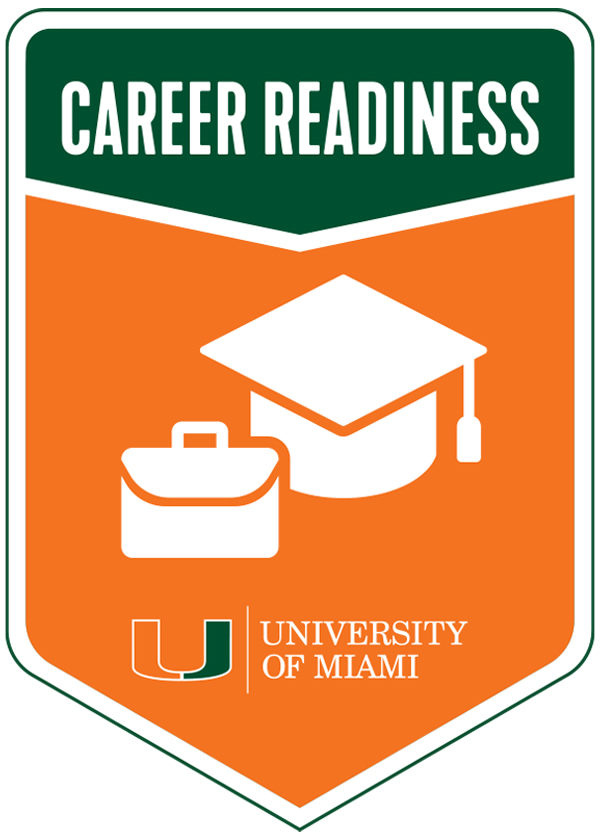Civic-Mindedness
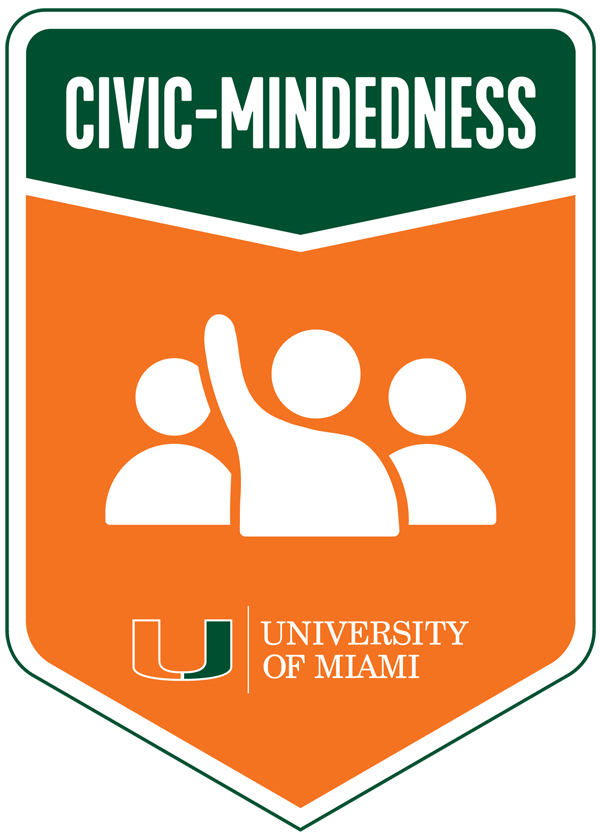
Actively participate in and contribute to the well-being of your community and society at large. Demonstrate responsibility, engagement, and a commitment to the public good.
- Commit and engage in activities to promote the well-being of the community and society at large.
- Articulate civic engagement experiences and make a commitment to public action.
- Connect academics to civic engagement.
- Take initiative and work collaboratively across and within community contexts and structures to achieve a civic aim.
Ethical Judgment
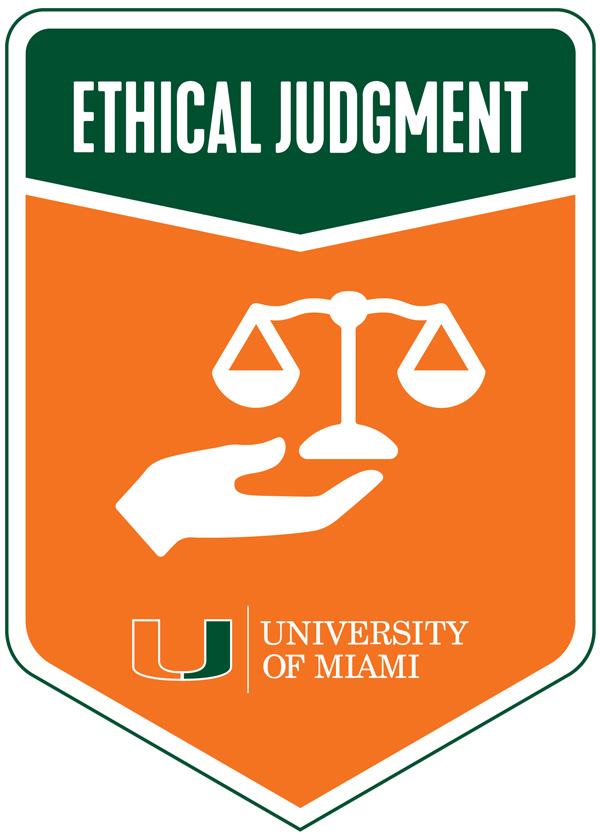
Make decisions and take actions that are morally sound and aligned with ethical principles. This involves evaluating situations, considering the potential impact on all stakeholders, and choosing a course of action that upholds integrity, fairness, and respect for others.
- Recognize ethical issues and personal responsibilities in various situations as well as relationships across ethical issues.
- Express ethical concerns and principles clearly. Reflect on the relationship between one’s own beliefs and those of others.
- Seek solutions to conflict in a fair and ethical manner and navigate various cultural and social values.
- Consider the impact of actions as measured by their moral implications.
Problem-Solving
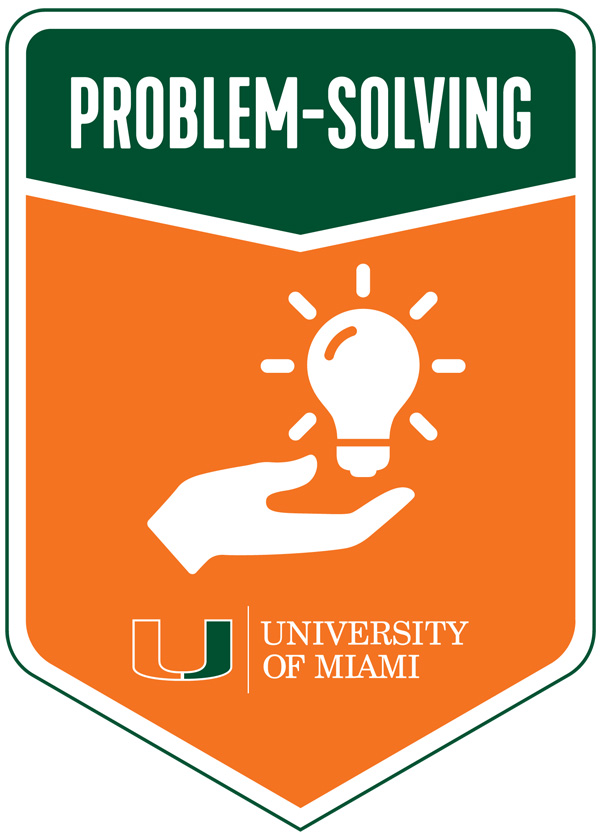
Identify a problem, analyze it, and develop and implement effective solutions. This process involves a series of steps and skills to navigate from the initial problem to a workable solution.
- Demonstrate the ability to systematically and thoughtfully seek solutions to complex problems.
- Discover, analyze and synthesize relevant information, by applying appropriate theories and knowledge.
- Embrace change, work collaboratively with any stakeholder
Professionalism
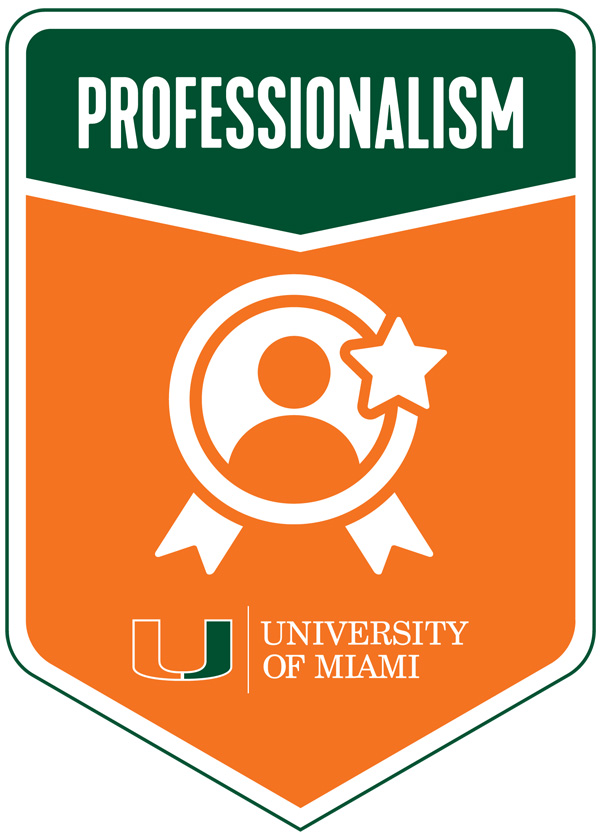
Recognize that work environments vary greatly, demonstrate effective work habits, and act in the interest of the larger community and workplace.
- Be empathetic, act with civility and integrity.
- Demonstrate responsibility and mutual respect.
- Collaborate, and effectively communicate in various settings including interpersonal, group and team, public, and mediated contexts.
- Lead by motivating and influencing others in the interest of a common goal.
Reasoning
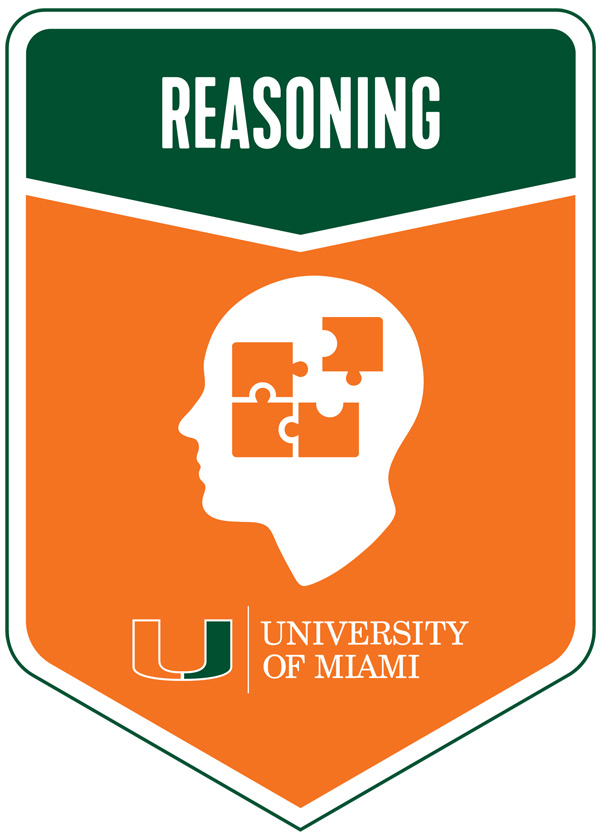
Identify and respond to needs by understanding the situational context and logically analyzing relevant information.
- Demonstrate the ability to use evidence-based, data-driven research to evaluate information and chains of reasoning critically and fairly.
- Apply literacy and numeracy skills to inform decision-making.
- Think critically and creatively by analyzing multiple perspectives and proposing innovative ideas and approaches.
Social Awareness and Communication
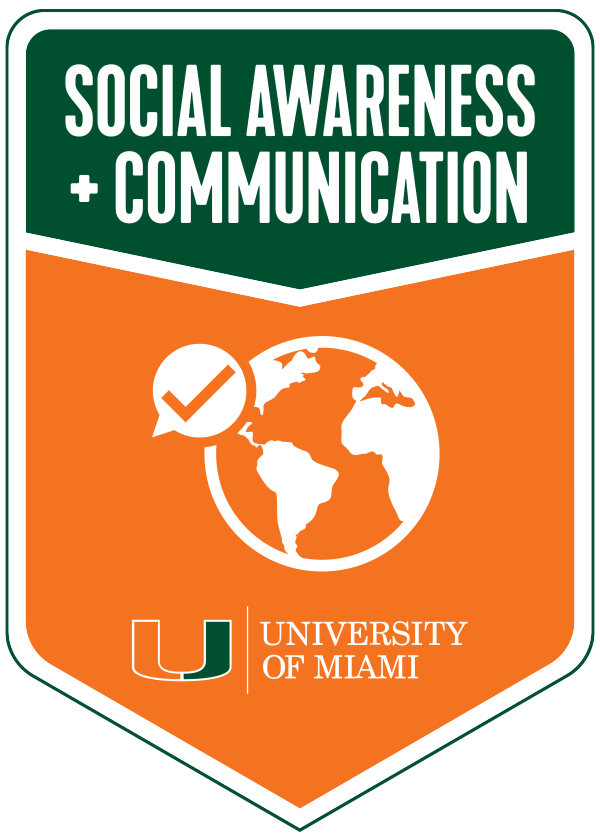
Understand, communicate, and interact effectively with people from all backgrounds. Develop the ability to bridge differences in social, educational, and professional settings and apply effective communication strategies.
- Develop social awareness aimed at building positive relationships in both professional and everyday settings.
- Adapt communication style, strategy, and format to effectively connect with different audiences and contexts.
- Engage in interpersonal communication with respect, professionalism, and awareness of different viewpoints.
- Emerge better prepared to contribute to teams, organizations, and communities that value cooperation and mutual respect.









